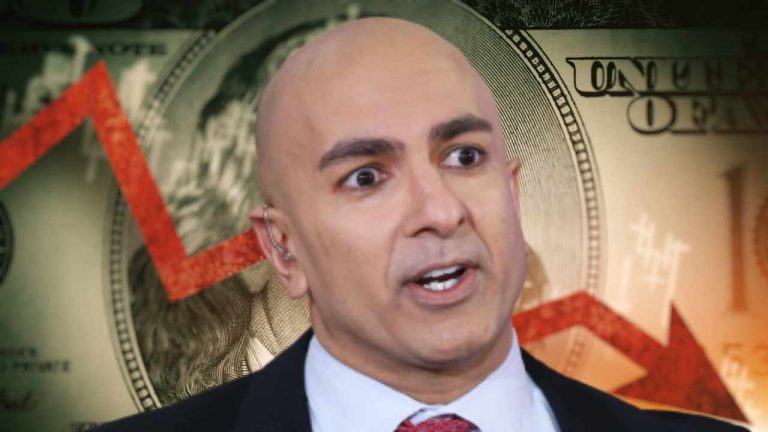FinanceFeeds -
John Deaton, the lawyer representing more than 20,000 XRP holders who filed a motion to intervene in the SEC v. Ripple lawsuit, has published a memo about the case: “The Ethereum Free Pass, Fair Notice and The Fight Ahead”.
The document tells the story “of an overreaching regulator unfairly picking winners and losers in the blockchain business space, a web of insider connections and conflicts of interest, and thousands of retail investors who were egregiously harmed by the federal agency that is supposed to be protecting them”.
The key figures in the story are ex-SEC Chair Jay Clayton, ex-SEC Director William Hinman, Ethereum, ConsenSys, and the Enterprise Ethereum Alliance.
The story John Deaton tells in the memo has been told for months in previous Twitter threads and blog posts, but it hasn’t been picked up by mainstream media. Not yet, at least.
The attorney links to evidence that the abovementioned key figures have met multiple times in a critical enforcement period for the digital asset space, resulting in a regulatory “free pass” for Ether, which was cleared from being considered a security despite its initial fundraising.
“After Hinman’s speech, Lubin publicly predicted that Ethereum would be the only enterprise platform to get a free pass from the SEC, and that “a reckoning is coming” for others — specifically Ripple. Mike Novogratz, Lubin’s college roommate and a major investor in ether, predicted just nine days before the speech that he would “bet dollars to donuts” that the SEC would declare ether to not be a security”.
On Ripple’s XRP, the “cryptocurrency was never issued in an ICO, operates on a fully decentralized ledger and has been used by project developers and consumers with no connection to Ripple for years. XRP fits the criteria of Hinman’s 2018 speech better than ether does. In fact, Ripple controls less than 4% of the validators on the XRP Ledger. Ripple once objected to a change on the ledger but was overruled by the majority of validators. The point is that the XRP network is arguably more decentralized that the ether network”.
The very detailed memo mentions the timing of the lawsuit, how Jay Clayton was the deciding vote to sue Ripple, SEC Chair Gensler’s change of spirit regarding regulatory clarity, Lubin and Mike Novogratz’ foreknowledge, Hinman’s “personal opinion”.
“The SEC has also admitted in court that no investigation was ever opened against ether. This means the agency never considered enforcement action against Ethereum despite its 2014 ICO and the Ethereum Foundation’s large-scale sales to speculators, like to Novogratz.”
The XRP Holders’ lawyer then explains how the fair notice defense in the Ripple case has led to the embarrassing question: “Why did Ethereum get a free pass and Ripple get sued?”
John Deaton further added he is not “here to defend the company Ripple in any manner” as he represents 20,000 XRP holders who were harmed by the SEC’s lawsuit against Ripple.
In the meantime, Judge Sarah Netburn denied Ripple’s motion to gain access to the SEC employees’ XRP holdings, but the ruling still seems like a win for the blockchain firm as the SEC was ordered to prove its internal policy against holding XRP.
Attorney Jeremy Hogan has recently analyzed a major shift in the SEC’s strategy which he found to be an admission of defeat. The legal expert also reminded that the current battle over clearer answers from the SEC on Ripple’s interrogatories is “the most important” in the lawsuit.
The post Why did Ethereum get a free pass and Ripple get sued? – Attorney close to XRP publishes memo appeared first on FinanceFeeds.



